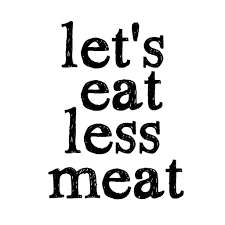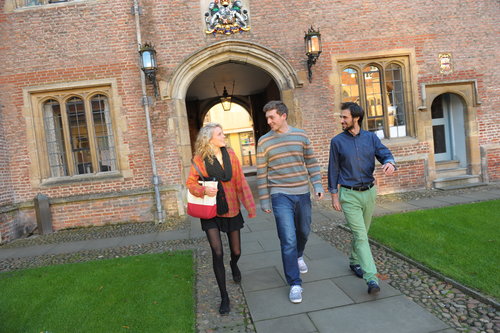
As well as buying Fairtrade products you can also bank with ethical banks such as smile or the co-operative to make sure your money is not being invested in certain industrial sectors such as the arms trade. It is easy to shop in cheap places such as Primark, especially as students with limited amounts of money. However goods made for such cheap prices often use labourers that receive very little pay and have bad working conditions. Try to shop more at shops (such as Fat Face) who have an ethical trading policy. The best way to send a message to big business is through our money, so even though it might feel like what you do doesn't make a difference if we all start changing our habits it will. Whether we like it or not the products we buy come from a supply chain and it is our responsibility to think about what happens on it. Next time you choose a bank, or a make-up brand or shop for clothes, have a think about the companies you are supporting.
Local Food
Buying local not only supports British farmers but also reduces your carbon footprint. Buying British apples is much better than buying mangoes that have been flown thousands of miles. The market, Arujuna (12, Mill Road), Cambridge Farmers Outlet (8, Lensfield Road) or the Cambridge Cheese Company (All Saints Passage) are great places to go to get local food. (If you have to buy exotic goods then buy Fairtrade!).
Wherever possible the college kitchens seek to source food locally and make use of seasonal vegetables, to cut down on transport costs and to support local traders. Much of our fruit and vegetables now comes from Downham Market. We also use local venison and source our pork products from Lincolnshire. The preference is for using English rather than imported products.
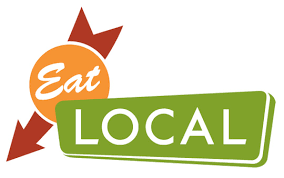
Organic

Organic food is thought to be better both for the environment and for your health. Very little pesticides are used and this helps to maintain healthy soil, reduce pests, disease and is better for wildlife. Animals that are organically farmed have a free range lifestyle. Buying organic will reduce your carbon footprint and will help you to consume less man-made chemicals and no GM ingredients. The soil association symbol guarantees that a product is organic. Organic products cost a little more but are very different to non-organic products.
Sustainable Fish
For many years we have fished without thinking about the long term damage we are doing to fish stocks. Some have already collapsed and many are predicted to very soon. We are very reliant upon species such as cod, halibut, skate and haddock, so try and buy less well known species such as hoki if you are going to eat fish. This will reduce the pressure on just a few species. The Marine Stewardship Council has a certification scheme to allow consumers to buy fish from sustainable stocks in methods which do not damage the marine ecosystem, which is available from Sainsbury’s.
Sustainable alternatives to overfished marine species such as hokey are used in the college kitchens. The tuna that is served is fished in a way which reduces the chances of dolphins getting caught in the nets.
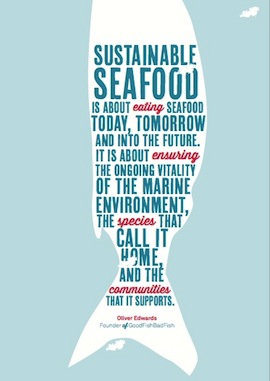
Free Range
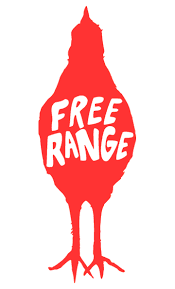
This means that the animals have been reared freely in the open air, rather than in containment with very little space. The animals have a much better quality of life and a longer one that is more natural. This means the meat is better quality for the consumer as well. The most common free range products include chicken and eggs.
See the CUSU Real Food Campaign for more information.
Eating Less (or no) Meat
Eating meat is a very personal decision and obviously there are various ethical and animal welfare arguments both for and against it. However there are also environmental arguments to eating less meat. The key issues are that the dairy and livestock industry uses up vast amounts of water, emits greenhouse gases and uses vast amounts of land some of which is cleared from rainforest and other valuable habitats. If grain was eaten instead of meat we could feed a lot more people and use a lot less land. There are thousands of statistics about these issues, but just to give you an idea one kilogram of beef uses 5 times more water and 12 times more land to produce. If you love your meat too much to become a vegetarian then try having at least one meat free day a week, you will save money, it may improve your health and you will be helping to reduce your resource footprint. Alternatively you could try buying your meat from local sources such as a butchers, the animals may have been treated better and no rainforests will have been cleared to produce it!
